While the University of Minnesota requires its students and employees to provide proof of vaccination against COVID-19, this mandate does not apply to workers contracted through other organizations.
With COVID-19 infection rates down compared to the past two years, some vaccinated students said they are not personally concerned about being served by unvaccinated workers.
According to the CDC’s COVID-19 data tracker, about 72% of Minnesotans have received at least one dose of the COVID-19 vaccine and 18% are up-to-date with booster doses.
University policy and why some are exempt
According to University policy, all University faculty, staff, graduate assistants, graduate student workers, undergraduate student workers, adjuncts, professionals-in-training and residents must have submitted documentation that they are fully vaccinated or in the process of becoming fully vaccinated by Dec. 3, 2021. Workers hired after that date along with any incoming students must also provide proof of vaccination.
Those exempt from the vaccine mandate include those who provide individual reasons, such as medical or religious belief exemptions, and workers hired through external service providers, such as temporary workers hired from an outside agency.
According to University Director of Public Relations Jake Ricker, temporary workers are being hired through these agencies to help fill short-term staffing shortages. Because they are hired through an outside agency, they do not have to follow the University’s vaccination mandate.
The University hires its own temporary or “casual” employees, who work either short-term or on an on-call basis, while other temporary workers might be employed by agencies such as Chartwells for dining hall work. While the University’s temporary employees follow the vaccination mandate, workers contracted through Chartwells do not have to be vaccinated.
Students unconcerned about unvaccinated dining workers
According to the CDC’s COVID-19 data tracker, about 6,000 new cases of COVID-19 were reported for the week of Nov. 23, which is down about 80% from this time last year.
Some students said they did not know some dining hall workers are not required to be vaccinated and others who live in dorms with dining halls or work in food service said they are not concerned these temporary workers are unvaccinated.
Jaron Dufault, a freshman living at Middlebrook Hall, said he has noticed some temporary workers at the dining hall there, but he does not know much about them. Dufault said he is not concerned about getting sick but thinks workers should get vaccinated for their own well-being.
“I’m not that concerned for myself personally because I’m vaccinated,” Dufault said. “I’m more so worried for their sake, about them potentially getting sick. Getting vaccinated doesn’t automatically mean you’re not going to get the virus; it just means that your chances of getting sick are a lot lower.”
Nicole Schultz is a sophomore who works at Minnesota Mug, a University coffee shop on campus. She said she had not heard about temporary workers being unvaccinated but does not think vaccination status should prevent people from gaining employment.
“I suppose as long as food safety precautions as well as Covid safety precautions are taking place, I see nothing wrong with unvaccinated temporary workers at the U,” Schultz said. “I believe some of the vaccination requirements are there for a reason, but I do not want to exclude people that are unable to get vaccinated or rely on the U to provide for themselves.”
Staffing shortages create need for temporary workers
As of late September, the University was short 142 dining hall workers, according to reporting from Fox 9. In an email statement, Ricker said the University hopes to eventually have dining facilities fully staffed with full-time employees.
“University-employed dining staff play a critical role in the experience of our students who live in residence halls, so it’s our preference to have dining facilities staffed entirely by full-time employees,” Ricker said.
Temporary dining hall workers hired through outside companies can make up to 35% more than full-time staff, with the higher paid positions making about $22 per hour, according to The Minnesota Reformer.
On Oct. 22, Teamsters Local 320, the union that represents University dining hall workers, reached a tentative agreement with the University in terms of receiving higher wages. This includes raising their minimum wage to $20 per hour while continuing to offer full-time staff access to University benefits such as health and dental insurance, paid time off, tuition benefits and other resources that are not available to temporary staff.
According to Ricker, the Teamsters agreement is a significant step toward getting dining halls fully staffed with University employees.


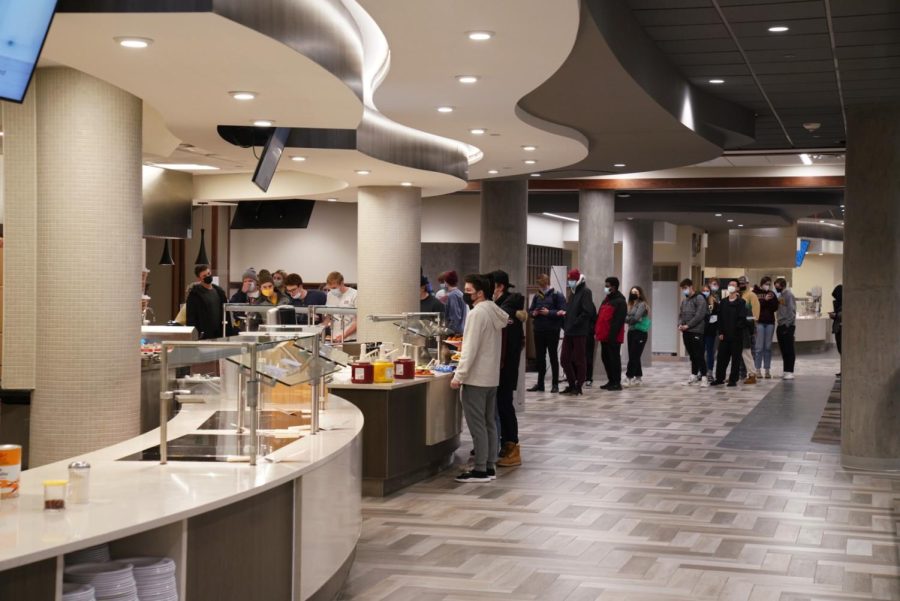




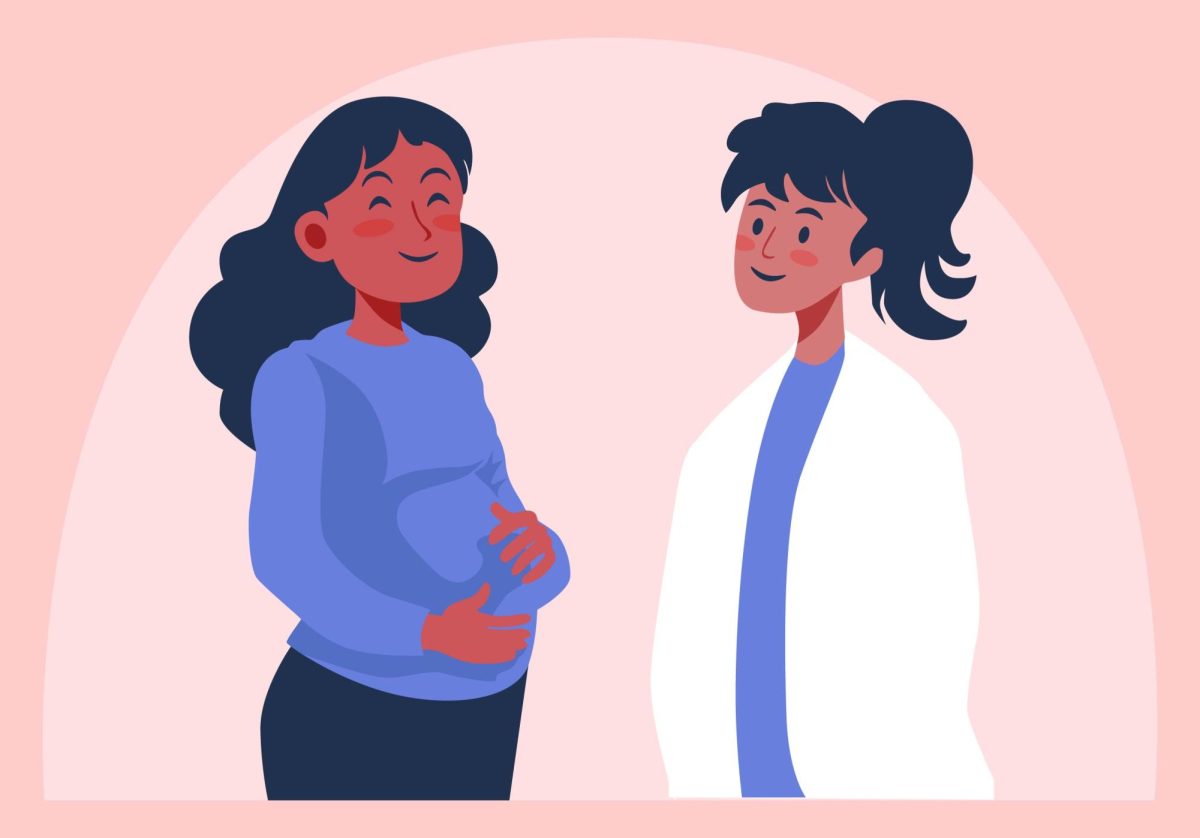




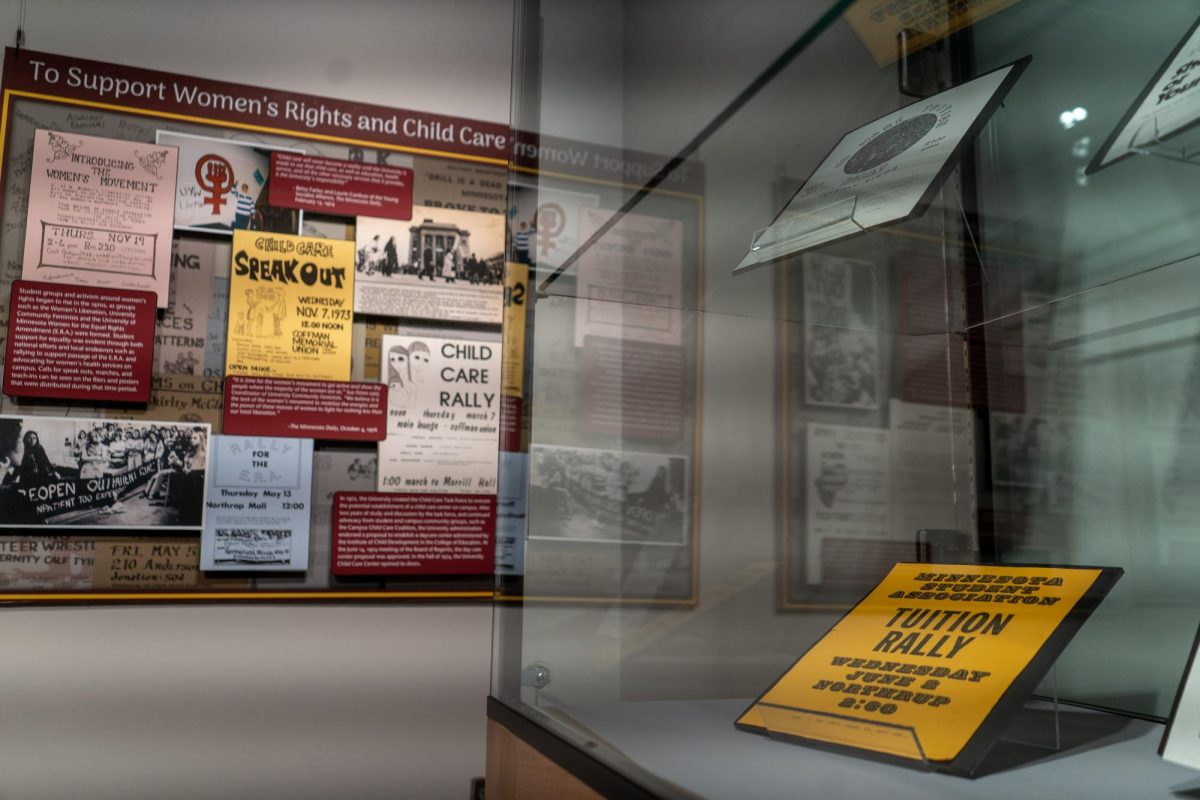
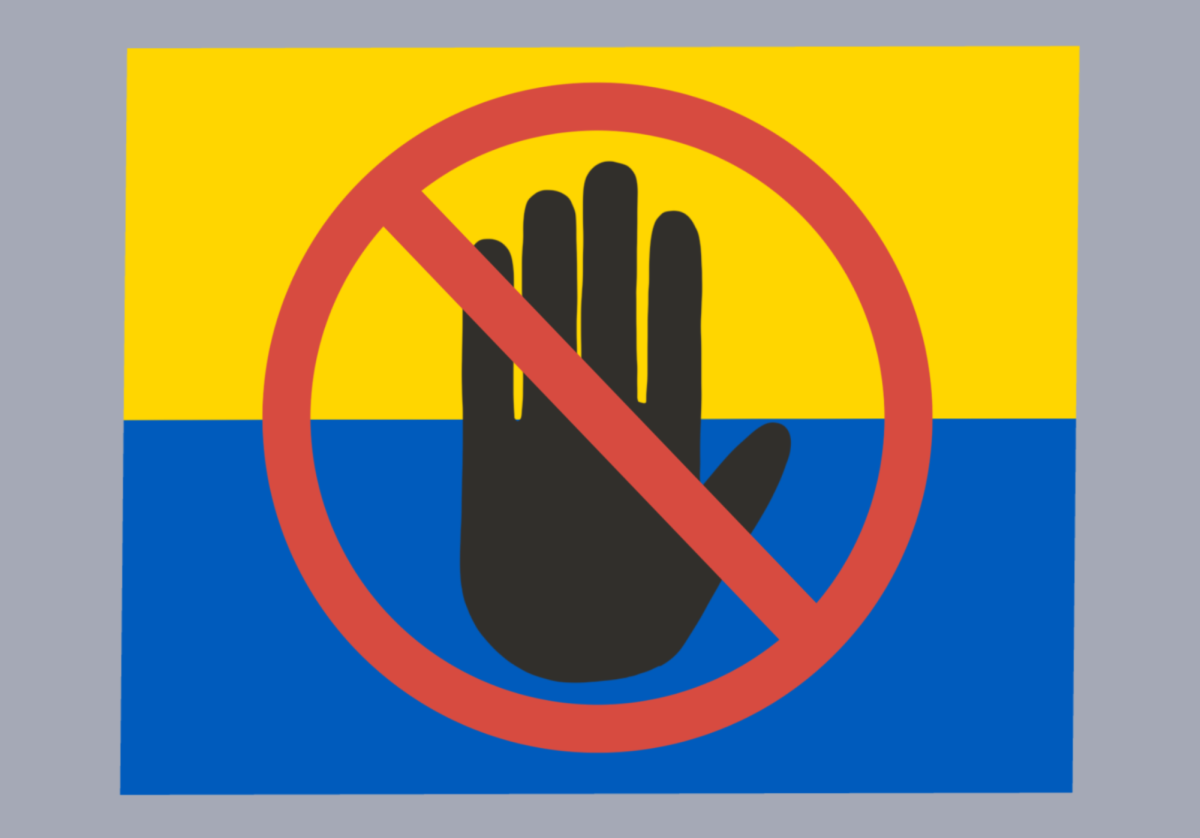
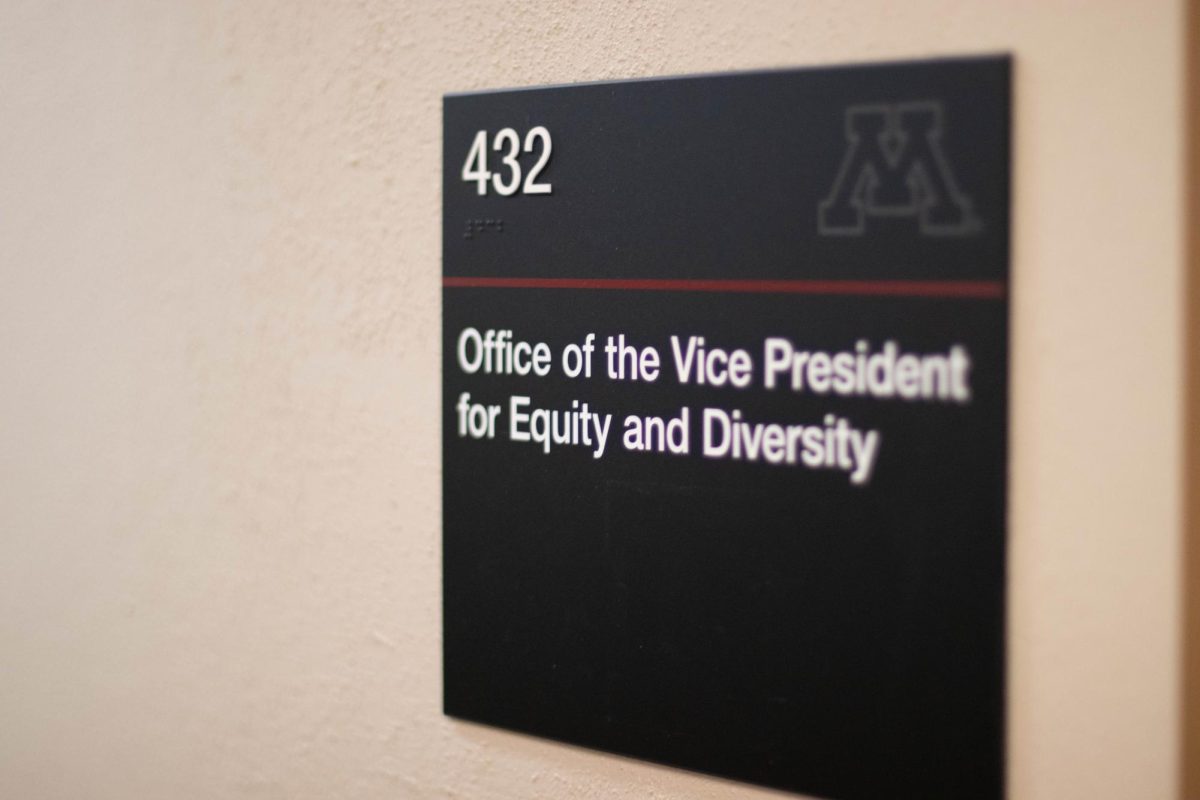


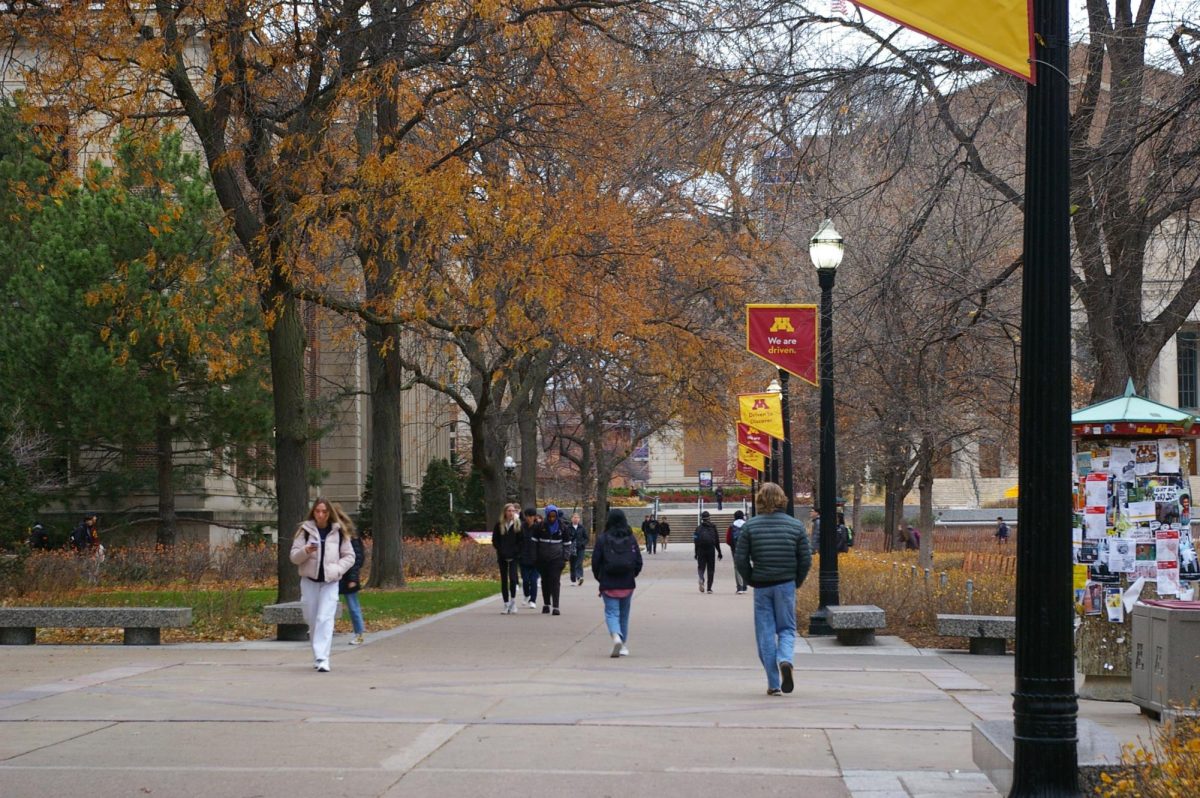

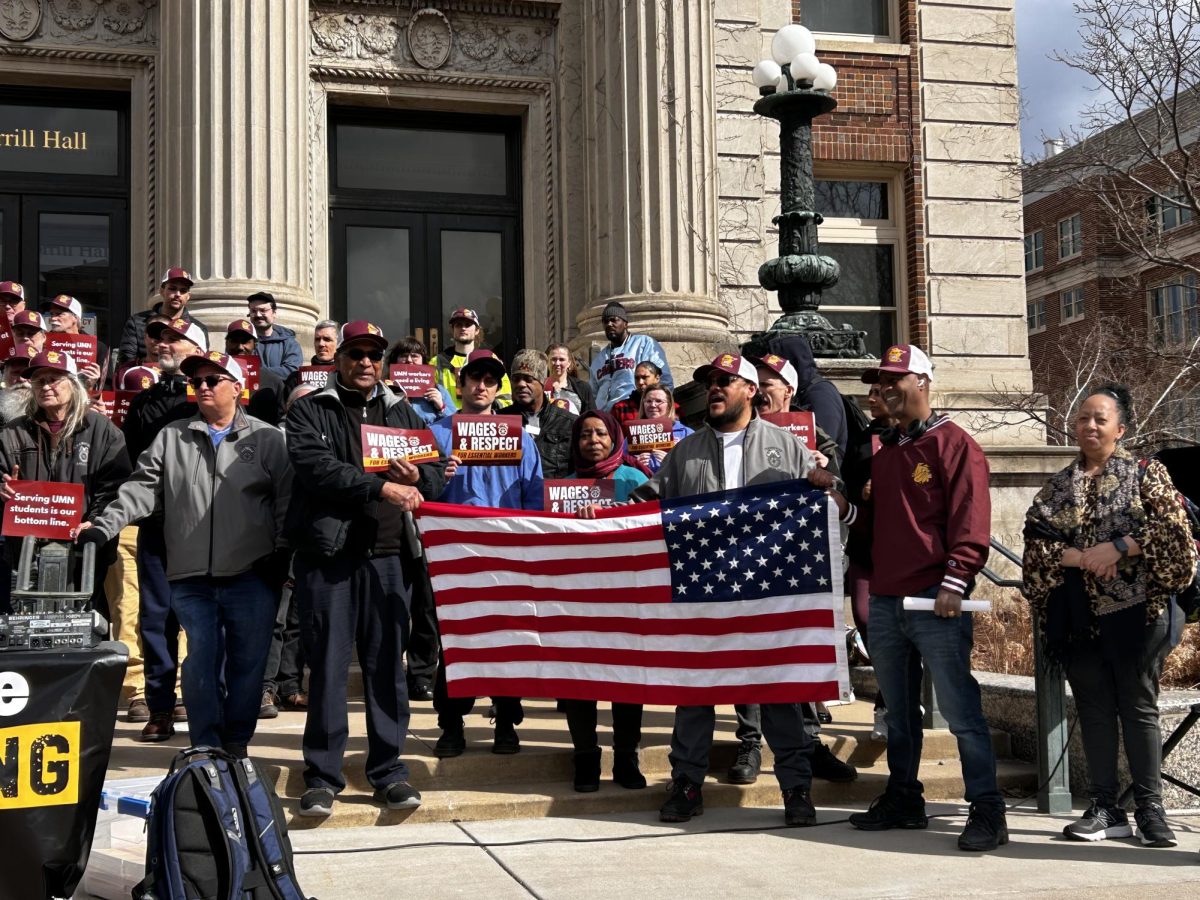
CapnRusty
Nov 29, 2022 at 11:59 am
Apparently Ms Roessler hadn’t heard the news about two months ago that the vaccine was never tested for transmission, and apparently, has no effect. But of course, that doesn’t fit the narrative . . .